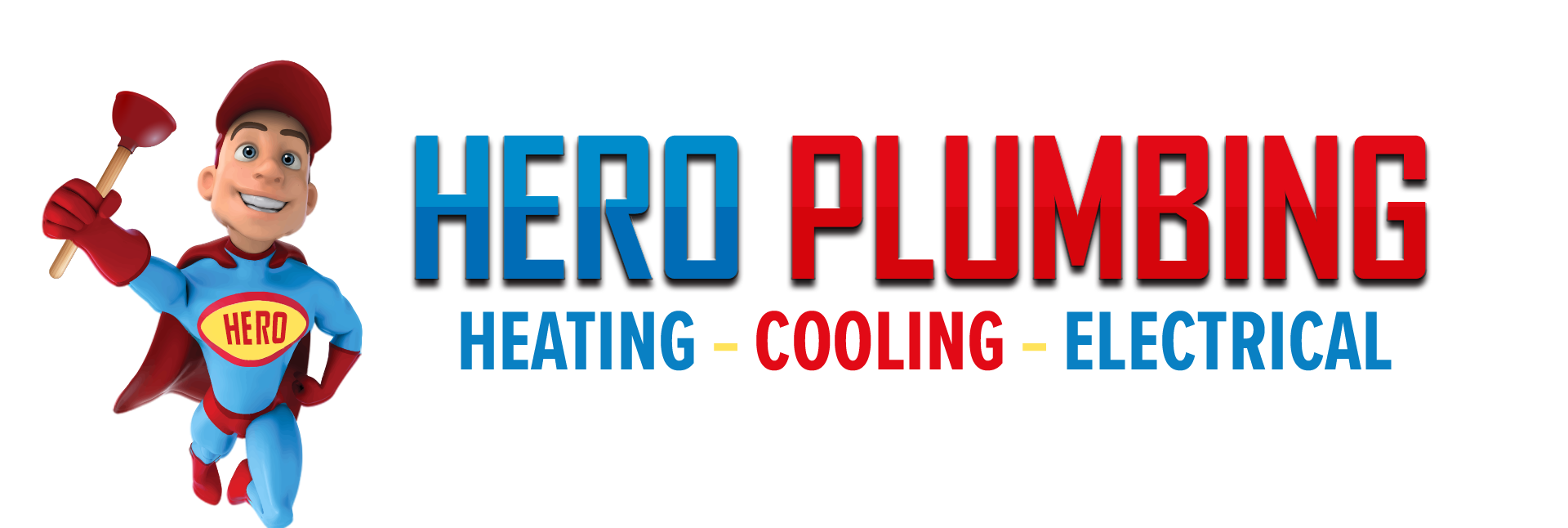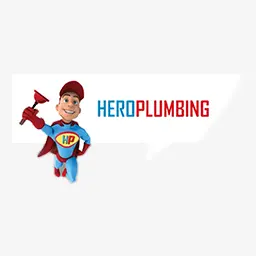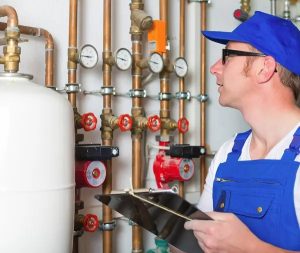Table Of Contents
Prices Of Hot Water Systems
A hot water system is one of the essential appliances in your home. It’s responsible for providing hot water for showers, baths, laundry, and dishwashing. The cost of a water heater depends on a few factors, including the type of heater, the size, and whether you’re buying a new one or having it repaired.
For example, a traditional tank-style water heater typically costs between $300 and $700, while a tankless hot water heater can cost anywhere from $1,000 to $2,000. Installation costs will also vary depending on the type of hot water heater you choose.
Before installing a new water heater, it’s essential to do your research to find the best option for your home and budget. Shop around and compare prices from retailers.
Cost Of A Hot Water System
Before shopping for a new hot water system, it’s essential to understand the factors affecting the cost. Here are some key factors to consider:
The type of hot water system
There are three main types of hot water systems available on the market: storage, instantaneous, and heat pump. Storage systems are the most common type of system and come in electric or gas models. Instantaneous systems heat water on demand, so they’re more energy-efficient than storage models. Heat pump systems use electricity to transfer heat from the air to the water, making them one of the most efficient options.
The size of the unit
The size of your hot water system will be determined by the number of people in your household and your average water usage. If you have a large family or high-water usage, you’ll need a larger unit. Smaller households or those with lower water usage can get by with a smaller unit.
The energy efficiency rating
All hot water systems must have an energy efficiency rating (EER). This measures how much energy the system uses compared to traditional storage models. The higher the EER, the more efficient the system is. When comparing models, look at the EER to ensure you’re getting the most efficient option possible.
The warranty
Most hot water systems come with a manufacturer’s warranty. Be sure to read the fine print on any warranty before you purchase a system. Some warranties only cover parts, while others will cover the entire unit. Make sure you understand what’s covered under warranty to make an informed decision.
The installation costs
Installing a hot water system can be a simple do-it-yourself job or a more complex process that requires the help of a professional. If you’re considering a do-it-yourself installation, be sure to factor in the cost of materials and any necessary permits. Professional installations will typically cost more, but they may be required for certain types of systems.
The ongoing costs
Once your hot water system is installed, there are still some ongoing costs to consider. These include the cost of electricity or gas, as well as the cost of maintenance and repairs. Factor these costs into your budget when choosing a hot water system.
The climate
The climate you live in can significantly impact the cost of your hot water system. You’ll likely need a less powerful system if you live in a warm area. Conversely, you’ll need a more robust system to ensure adequate hot water if you live in a cold climate.
The water quality
The water quality in your house can also affect the price of the hot water system. Hard water requires a more robust system to heat correctly. You may get by with a less powerful system if you have soft water.
Your water usage
Your water usage habits can also impact the cost of your hot water system. You’ll need a more robust system if you use a lot of hot water. Conversely, if you use less hot water, you can get by with a less powerful system. Be sure to keep your usage habits in mind when choosing a hot water system.
The brand
The brand of hot water system you choose can also impact the cost. Some brands are more expensive but may offer better quality or more features. When comparing models, look at the overall value rather than the water system price tag.
Now that you understand the key factors that affect the cost of a hot water system, you can make the right decision on a suitable system for your home. Be sure to compare the various system prices before making your final decision.
When To Install A Hot Water System
Have you ever gotten into your shower only to be met with cold water? It’s not a pleasant experience and can ruin your day. That’s why you need to have a reliable hot water system that can provide you with the hot water when and how you need it. But how do you know when to install a new hot water system? Below are some signs that you should consider an upgrade:
Your current system is more than ten years old
If your hot water system is over ten years old, it’s probably time to upgrade. Older systems are not very efficient compared to newer ones, and they may be starting to break down. They may also be using more energy than newer models, which can end up costing you more money in the long run. The average lifespan of hot water systems is about 15 years, so if yours is getting up there in age, it’s probably time for a replacement.
You’re not getting enough hot water
It could be due to several varying factors if you’re not getting enough hot water from your current system. Maybe there is an addition in the family, and you need more hot water than before. Or, your system may simply be too small for your home. If you’re not getting enough hot water, it’s time for an upgrade.
Your energy bills have gone up
If you notice the energy bills going up lately, it could be due to your hot water system. Older systems are generally not as efficient as newer ones and often use more energy. If you’re noticing a spike in your energy bills, a new hot water system is worth considering.
Your system is making strange noises
If your hot water system makes strange noises, it could signify that it’s starting to break down. These noises can be anything from a banging or knocking sound to a hissing or whistling noise. If you notice strange noises coming from your pipes or tank, it’s best to have it inspected by a professional to see if it needs to be replaced.
There is rust on your pipes
If you notice rust on your pipes, this is another sign that your system is starting to break down. Over time, the metal components of your system can begin to corrode and rust. This can lead to leaks and other problems. If you notice rust on your pipes, it’s best to have your system checked out by a professional.
You’re constantly running out of hot water
It could be due to several varying factors if you’re always running out of hot water. Maybe your system is too small for your needs. Or, there could be a leak in your system. It could be time to consider an upgrade.
The water pressure is low
If you’ve noticed that your home’s water pressure has been lowering, it could be due to your hot water system. With time, sediment can build up in your system, restricting the flow of water and causing the pressure to drop. If you notice a decrease in water pressure, it’s best to have your system checked out by a professional.
There is water leaking from your system
If you notice any water leaking from your hot water system, it’s essential to have it checked out right away. Leaks can result in serious problems, such as water damage to your home. It’s best to have any leaks repaired as soon as possible to avoid further damage.
If you encounter any of these issues with your hot water system, it’s time for an upgrade. A new system can provide the hot water you need while saving you money on your energy bills. Contact a professional to discuss your options and find the perfect system for your needs.
Affordable Hot Water Systems
Choosing a suitable water system for your home can be tricky. With so many options on the market, it’s hard to know which one is right for you. Let’s look at the most affordable hot water systems to help you make the best decision for your home.
Solar power
Solar power is one of the market’s most affordable and environmentally friendly options. If you’re looking to save money on your energy bills and do your bit for the planet, a solar-powered water system is a way to go. Before switching to solar, there are a few things to consider, such as the size of your home and hot water usage. But once you’ve considered these factors, solar power is an excellent option for anyone looking for an affordable and eco-friendly hot water system.
Heat pump
A heat pump is another great option if you’re looking for an affordable and eco-friendly hot water system. Heat pumps use the air around us to heat water, making them highly efficient and cost-effective. They’re much better and more sustainable for the environment than traditional gas or electrical hot water systems. The drawback of heat pumps is that they can be pretty noisy, so if you’re looking for a quiet system, this might not be the best option.
Instantaneous or storage gas
If you fancy a hot water system that’s quick and easy to use, then an instantaneous or storage gas system might be the best option for you. These systems heat water as needed, so there’s no need to wait for a tank of hot water to build up. They’re also usually relatively compact, making them ideal for small homes or apartments. However, they can be expensive to run if you use a lot of hot water.
Electric storage
An electric storage system is similar to a gas system but uses electricity to heat water in a tank. These systems are somehow cheaper to run than gas hot water systems, but they can take longer to heat water. Electric storage systems are a good option for people who don’t use a lot of hot water or are looking for an affordable option.
Continuous flow gas/electric system
A continuous flow gas or electric system is an excellent option if you’re looking for an endless hot water supply. These systems heat water as needed, so you’ll never have to wait for a hot water tank to build up. They’re also usually relatively compact, making them ideal for tiny homes or apartments. However, they can be expensive to run if you use a lot of hot water.
Tips For Using A Hot Water System
Your energy bills will likely start creeping up as the weather gets colder. You can do a few simple things to help keep your bills under control, and one of them is to ensure your hot water system is running efficiently. Here are a few tips to help you save on your energy bills this winter:
Insulate your hot water tank
This is one of the most effective and easy ways to reduce heat loss and improve your system’s efficiency. You can find insulation kits at most hardware stores, which are relatively easy to install. The Department of Energy estimates that insulating your tank can save you up to 9% on water heating costs.
Set the thermostat to the right temperature
You should set your thermostat to between 120 and 140 degrees Fahrenheit (48-60 degrees Celsius). This will give you enough hot water while preventing excessive heat loss. Using a lower temperature can also help reduce the risk of scalding. The way your system is set will determine how to change the temperature. Consult your owner’s manual or a professional if you’re not sure.
Service your system regularly
Ensure your hot water system is inspected by a qualified technician at least once a year. They’ll be able to clean it and ensure everything is running smoothly. This can help prevent future problems and increase efficiency.
Use less hot water
One way to reduce energy usage is to use less hot water. Take quicker showers, wash clothes in cold water, and only run the dishwasher when it’s full. You may be surprised how much of a difference this can make.
Consider upgrading to a more efficient system
If you have an outdated system, it may be time to consider upgrading to a newer, more efficient model. Tankless hot water heaters are getting increasingly popular, as they’re much more efficient than traditional tank models. They can save you up to 34% on your water heating costs.
Use solar power
If you want to reduce your spending on energy bills, you may want to consider switching to solar power. Solar water heaters can be costly to install, but they’ll eventually pay for themselves and start saving you money. They are also environmentally friendly.
Take advantage of government rebates
Many states offer rebates for energy-efficient appliances, including hot water heaters. The rebates offset the hot water system prices and make them more affordable. You can check with your state’s energy office or the Department of Energy to see what rebates are available in your area.
Be mindful of your water usage
One way to save on your home’s energy bills is to simply be mindful of your water usage. Turn off the water faucet while brushing, and only run the dishwasher or washing machine when they’re full. You don’t need to make significant changes, but minor tweaks can add up.
Educate your family and roommates
If you live with others, educating them on these tips is also essential. The more people know how to save on energy bills, the better. You may want to make it a competition to see who can save the most each month.
Get creative
Get creative with the water usage and see what you can come up with. There’s no one-size-fits-all solution, so find what works best for you and your home. You can save a lot on expenses if you’re willing to put in a little effort.
These are just a few guidelines to help you save on your energy bills in winter. By following these tips, you can effectively lower your bills and keep your home comfortable all season long. Don’t let high energy bills get you down in winter—take action and start saving today.
Save Energy Bills With A New Hot Water System
One way to save energy bills is to upgrade to a hot water system. Hot water systems are more efficient than traditional water heaters and can help you save money on your energy bills. In addition, an old hot water system is likely to use more energy than is required, causing your water bills to keep going up. While the cost of a new system isn’t as cheap as repairing your old system, there are chances the repairs may not last long enough to be really beneficial.
When looking at hot water systems, it’s also important to remember to work with a professional, from the consultation phase to the installation process. This is because your needs are unique, and you’ll need to get a water system that caters to your specific needs. Contact a hot water system installation company to learn more about the best water heater to meet your needs.











